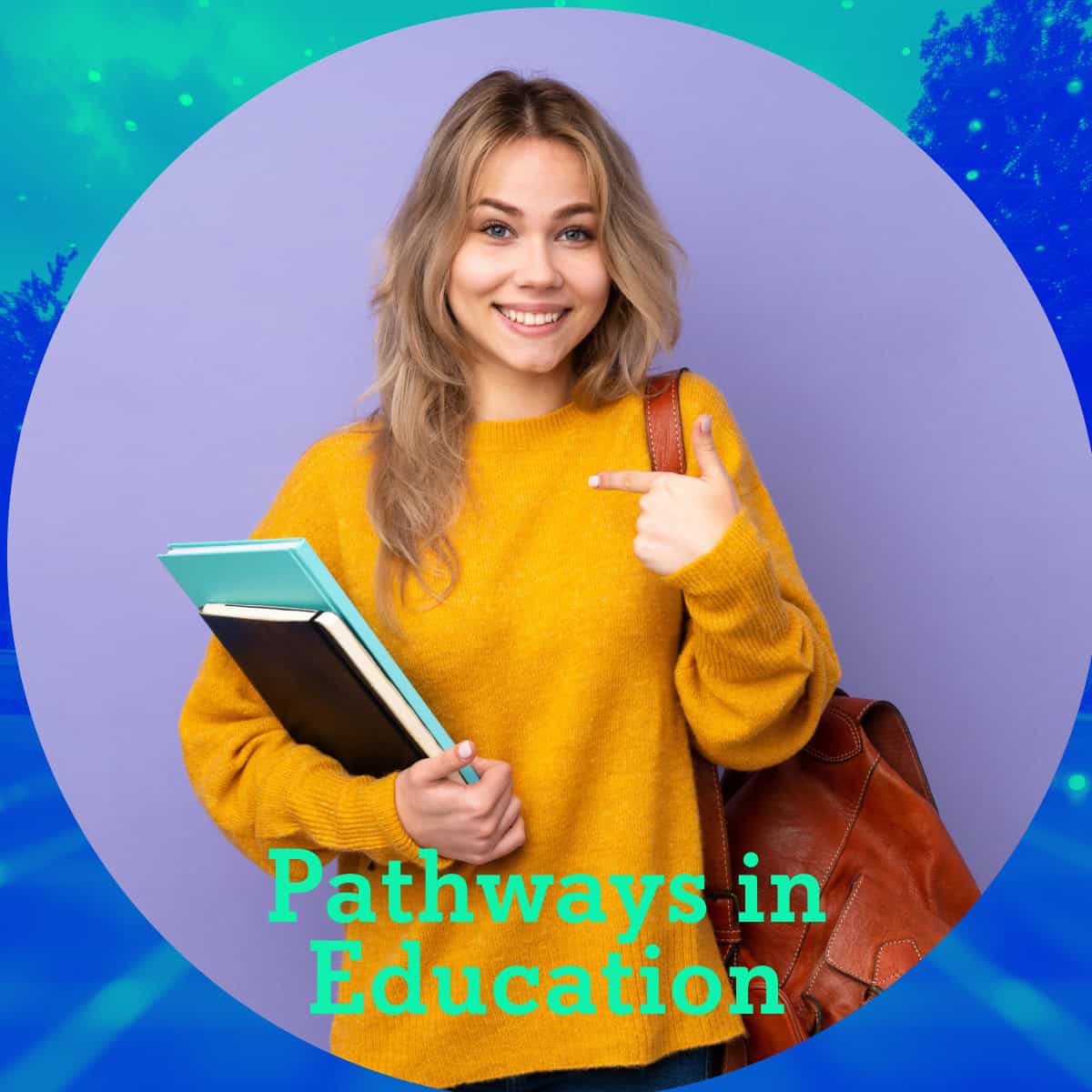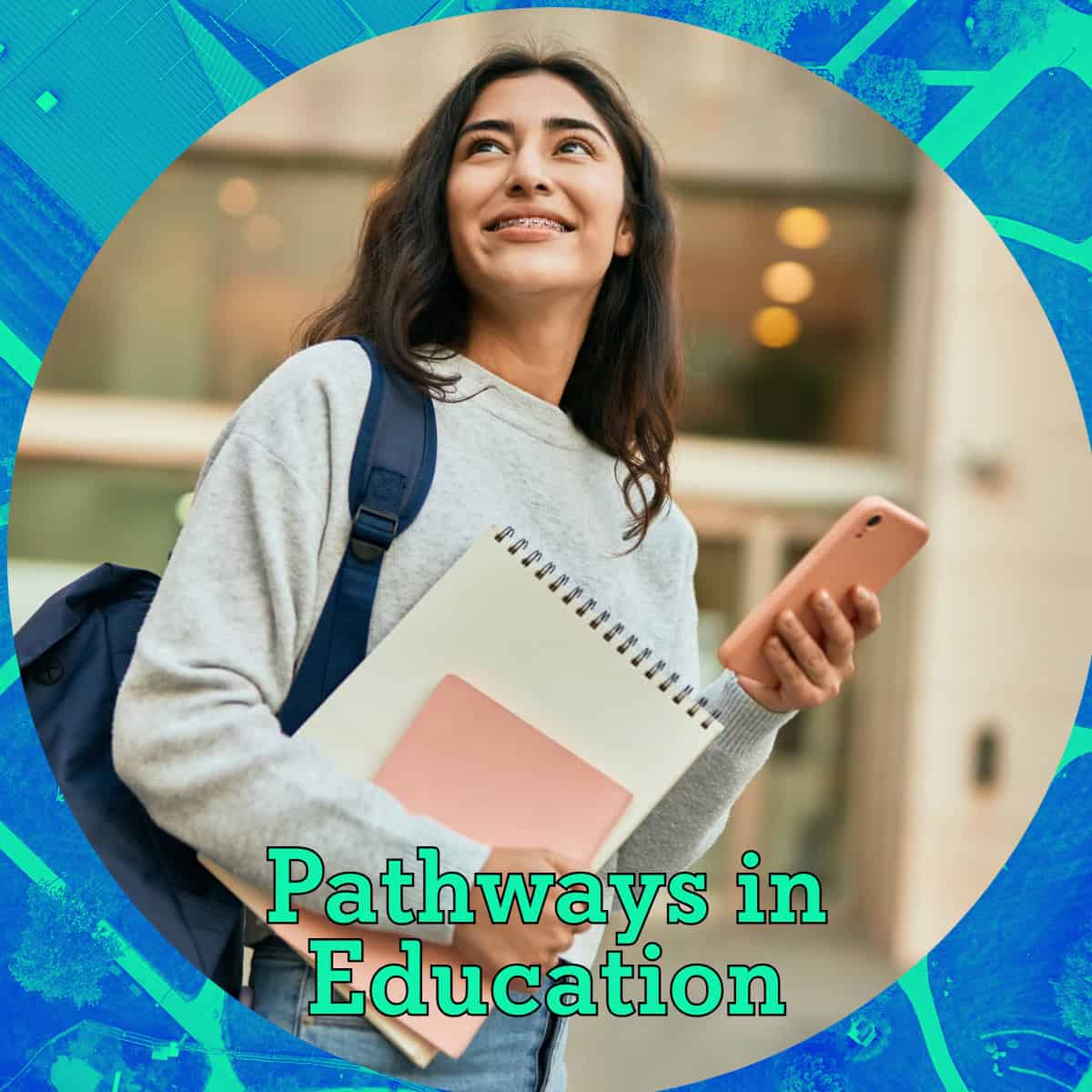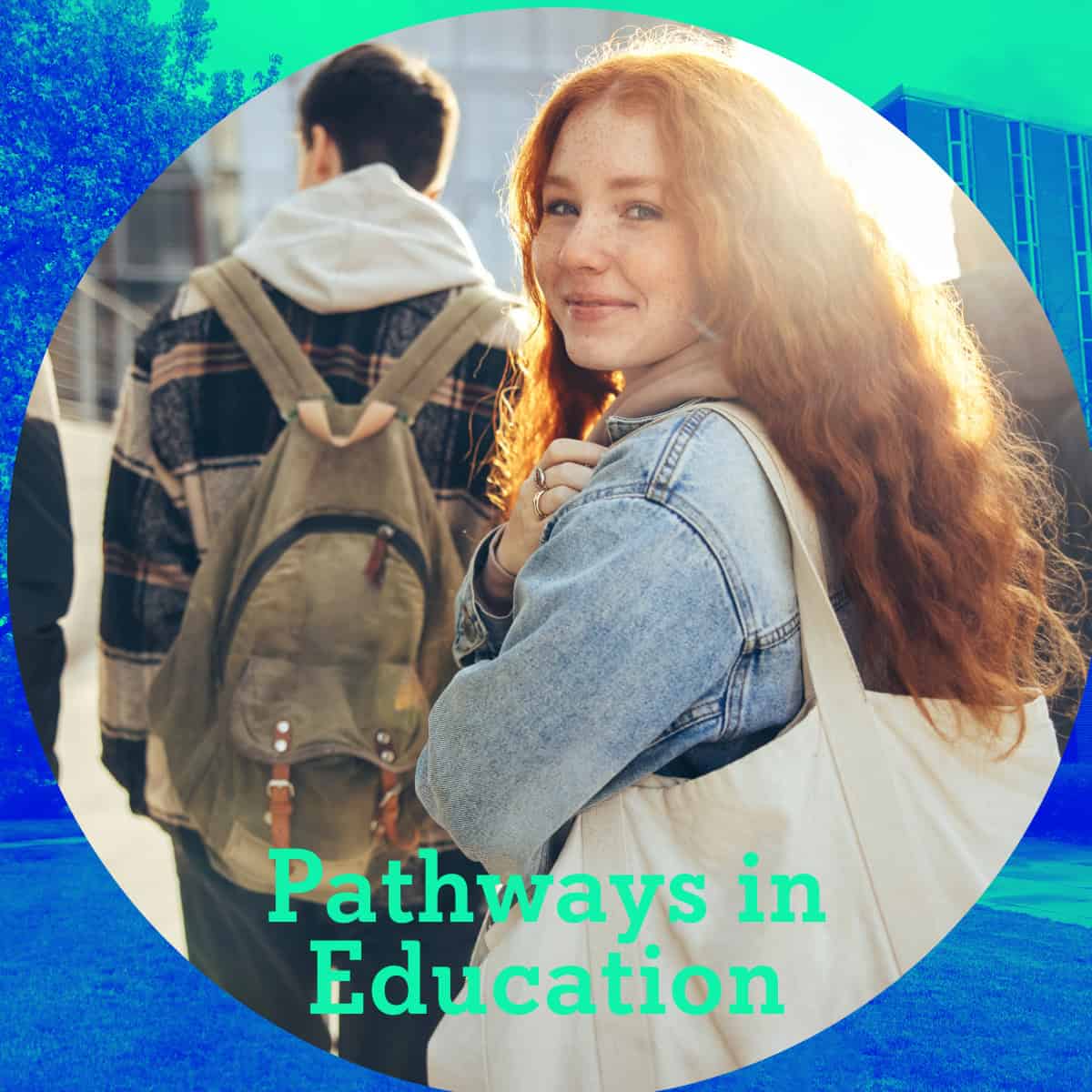Embracing Diverse Routes to Success
The journey from adolescence to adulthood is rarely a straight line. For many young adults, particularly those facing challenges such as autism, anxiety, ADHD, or borderline personality disorder, the traditional pathways in Education may not be the best fit. As parents, educators, and mentors, it’s crucial to recognize and embrace the diverse array of opportunities available to our young people as they navigate this critical transition.
The Changing Landscape of Education and Career Development
Gone are the days when a bachelor’s degree was the only ticket to a successful career. Today’s job market values skills, experience, and adaptability as much as formal education. This shift opens up a world of possibilities for young adults who may not thrive in a traditional college setting.
Vocational and Technical Schools: Hands-On Learning for Practical Careers
Vocational and technical schools offer focused, skill-based training that can lead directly to rewarding careers. This Pathway in Education is ideal for students who prefer hands-on learning and are eager to enter the workforce quickly.
- Benefits:
- Shorter program duration (often 2 years or less)
- Direct application of skills to specific careers
- Often more affordable than traditional four-year colleges
- Career Paths: Automotive technology, healthcare support, culinary arts, HVAC technician, electrical work, and more.
For young adults with autism or ADHD, the structured, hands-on nature of these programs can be particularly beneficial, allowing them to focus on developing concrete skills in a supportive environment.

Community Colleges: Flexibility and Affordability
Community colleges serve as an excellent stepping stone for many students, offering a blend of academic and vocational programs at a fraction of the cost of four-year institutions.
- Benefits:
- Open enrollment policies welcoming diverse learners
- Lower tuition costs
- Smaller class sizes and more individualized attention
- Option to transfer credits to four-year universities
- Opportunities: Associate degrees, vocational certifications, general education requirements for transfer
For students with anxiety or other challenges, community colleges can provide a more manageable transition to higher education, allowing them to build confidence and academic skills at their own pace.
Apprenticeships and Internships: Learning Through Real-World Experience
Apprenticeships and internships offer invaluable opportunities to gain practical skills and industry connections while earning money.
- Benefits:
- On-the-job training under experienced mentors
- Potential for earning while learning
- Direct pathway to employment
- Industries: Construction, healthcare, IT, manufacturing, and many more
These programs can be especially valuable for young adults with autism or ADHD, providing structured learning environments with clear expectations and immediate feedback.

Online Learning Platforms: Education on Your Terms
The rise of online learning has revolutionized access to education, offering flexibility and a wide range of subjects.
- Benefits:
- Learn at your own pace and on your own schedule
- Access to courses from top institutions worldwide
- Often more affordable than traditional college courses
- Platforms: Coursera, edX, Udacity, Khan Academy
For students who struggle with social anxiety or sensory sensitivities, online learning can provide a comfortable way to pursue education and skill development.

Gap Year Programs: Time for Growth and Exploration
Taking a structured gap year can provide young adults with valuable time for personal growth, skill development, and career exploration.
- Benefits:
- Opportunity for self-discovery and maturation
- Time to develop life skills and independence
- Chance to explore potential career paths
- Options: Structured programs like The Arise Society, volunteer work, travel, or a combination of experiences
For young adults struggling with the transition to independence, a structured gap year program can be transformative, offering support and guidance as they develop crucial life skills.
The Arise Society: A Unique Pathway in Education
The Arise Society offers a immersive program for young adults facing challenges in transitioning to independent adult life. This “failure to launch” program provides a supportive community, mentors, academic support, and personalized guidance for individuals who may not be ready for traditional college or full-time work.
- Key Features:
- Personalized academic, therapeutic, and social support
- Real-world setting to develop practical life skills
- Flexible options for education (e.g., attending Utah Valley University) or part-time work
- Community living with peer support and mentorship
This program is particularly beneficial for young adults with autism, anxiety, ADHD, or borderline personality disorder, offering a structured yet flexible environment to build independence and confidence.
Embracing Individual Paths
As parents and mentors, it’s crucial to remember that success looks different for everyone. The path your child takes may not be the one you envisioned, but it can still lead to a fulfilling and successful life. The key is to support their journey, recognize their unique strengths and challenges, and help them explore options that align with their interests and abilities.

For young adults with autism, anxiety, ADHD, or other challenges, programs like The Arise Society can provide a supportive bridge to independence, offering a blend of structure, therapy, and real-world experience. Whether through this program or other alternatives, the goal is to help our young people find their own pathways in education – one that allows them to thrive and build a life that is meaningful to them.
Remember, there is no one-size-fits-all approach to education and career development. By embracing diverse pathways and supporting our young adults in their individual journeys, we can help them build the confidence, skills, and independence they need to succeed in their own unique way. Our team is here to help, contact us!
FAQs – Pathways in Education
Q: How can I determine which alternative pathway is best for my young adult with autism or ADHD?
A: The best pathway depends on your child’s individual strengths, interests, and challenges. Consider their learning style, sensory needs, and career aspirations. Explore options like vocational schools, community colleges, or structured programs like The Arise Society. Consult with educational counselors or therapists specializing in neurodiversity to help assess which path aligns best with your child’s needs and goals.
Q: Are there financial aid options available for alternative education pathways?
A: Yes, many alternative pathways offer financial aid options. Vocational schools and community colleges often have scholarships and grants available. Apprenticeship programs typically offer paid training. For online courses, platforms like Coursera and edX offer financial aid for many of their programs. Additionally, some specialized programs like The Arise Society may offer payment plans or accept certain types of insurance. Always inquire about financial assistance options when exploring different pathways.
Q: How can a gap year or program like The Arise Society benefit a young adult who’s struggling with the transition to independence?
A: Structured gap year programs or transitional living programs like The Arise Society can provide crucial support during this challenging period. They offer a safe environment to develop life skills, build confidence, and explore potential career paths. These programs often combine therapeutic support, practical skill development, and community living, helping young adults gradually build the independence and self-assurance needed for adult life.
Q: My child struggles with social anxiety. Which alternative pathways might be most suitable?
A: For young adults with social anxiety, options that allow for gradual exposure and skill-building can be beneficial. Online learning platforms offer a low-pressure environment to engage with coursework. Community colleges often have smaller class sizes and more individualized support. Programs like The Arise Society provide a supportive community setting with therapeutic backing. Vocational programs in fields aligned with your child’s interests can also offer a structured environment to build skills and confidence.
Q: How can I support my young adult in their chosen alternative pathway?
A: Supporting your young adult involves several key steps:
-
- Maintain open communication about their goals, fears, and experiences.
- Celebrate small victories and progress, not just major milestones.
- Help them connect with mentors or support services in their chosen field or program.
- Encourage independence while providing a safety net when needed.
- Stay informed about their chosen pathway to better understand their journey.
- Consider family therapy or support groups to navigate this transition together. Remember, your role is to support and guide, allowing your young adult to take increasing ownership of their path to independence.


